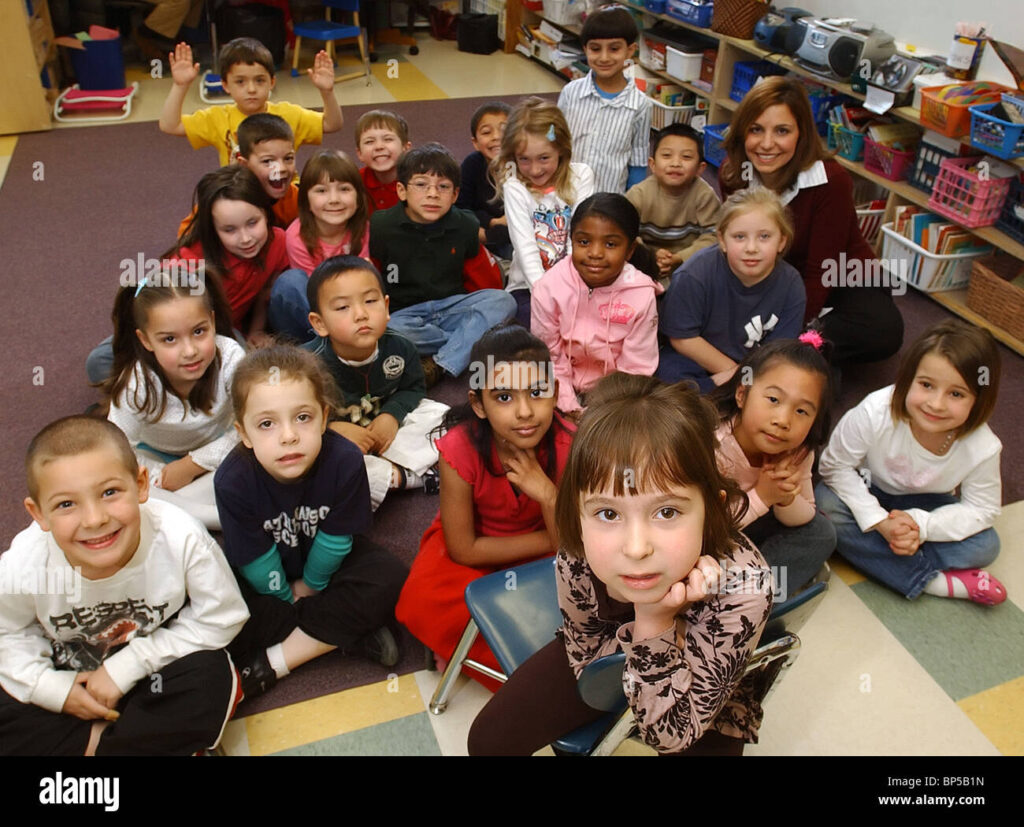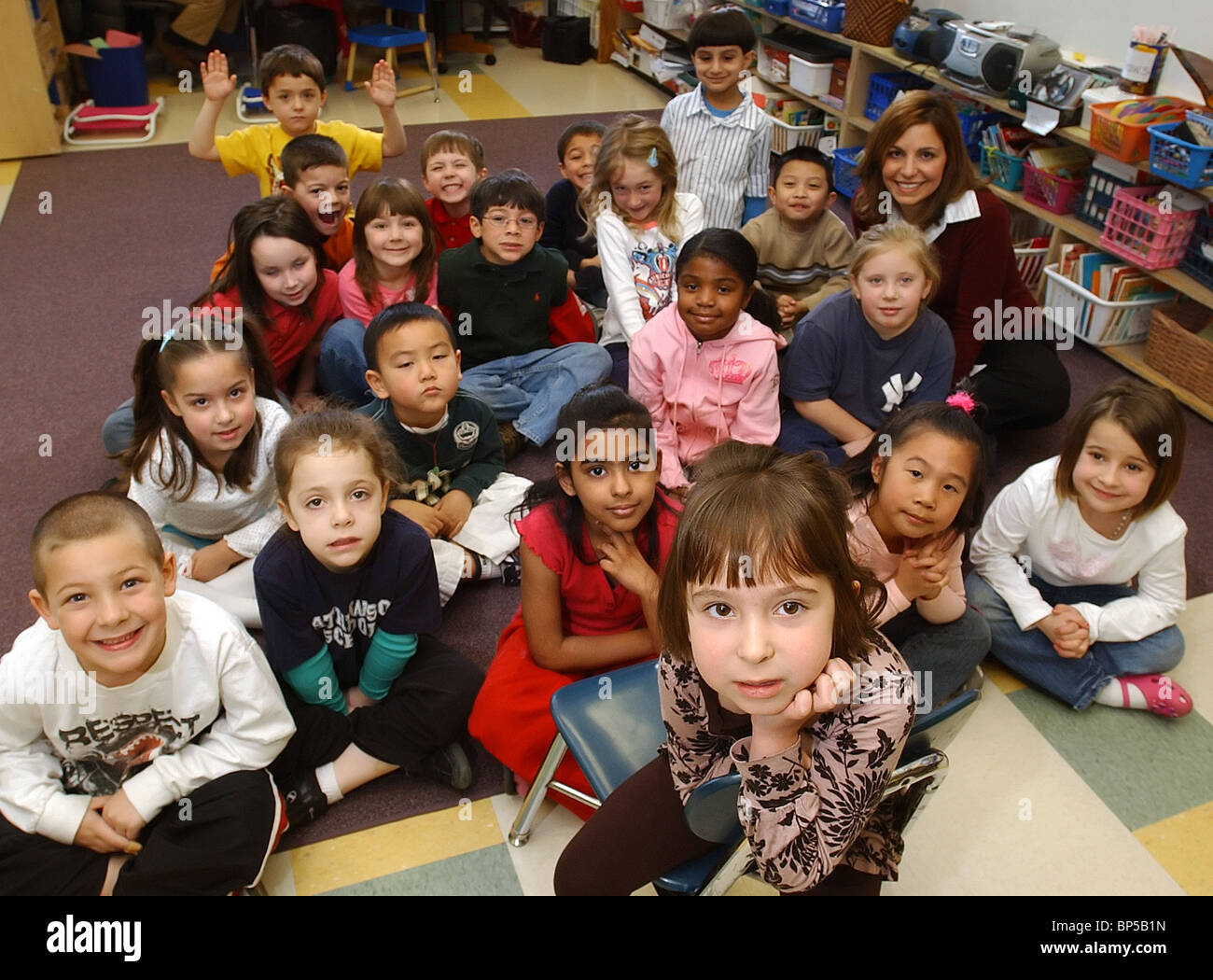
What Are First Graders Learning? A Comprehensive Guide for Parents
Entering first grade is a significant milestone in a child’s educational journey. As parents, understanding what are first graders learning can help you support their academic growth and development at home. This comprehensive guide will outline the key subjects and skills typically covered in first grade, providing you with valuable insights into your child’s curriculum.
Reading and Language Arts
Reading and language arts form the cornerstone of the first-grade curriculum. The primary goal is to build upon pre-literacy skills acquired in kindergarten and develop more advanced reading comprehension and writing abilities. What are first graders learning in this area specifically?
Phonics and Word Recognition
First graders learn to decode words using phonics rules, which involves understanding the relationship between letters and sounds. They’ll explore consonant blends (e.g., ‘bl,’ ‘st,’ ‘tr’), digraphs (e.g., ‘sh,’ ‘ch,’ ‘th’), and vowel teams (e.g., ‘ai,’ ‘ee,’ ‘oa’). They also learn to recognize sight words – high-frequency words that don’t necessarily follow phonics rules and need to be memorized. This focus on phonics and sight words is key to what are first graders learning to read fluently.
Reading Comprehension
Beyond decoding, first graders develop their ability to understand what they read. Teachers emphasize strategies such as making predictions, identifying the main idea, and sequencing events. They also learn to ask and answer questions about the text, fostering critical thinking skills. Understanding the characters, setting, and plot of a story becomes increasingly important. This is all essential to what are first graders learning when it comes to reading.
Writing Skills
First-grade writing focuses on sentence construction, capitalization, punctuation (periods and question marks), and basic grammar. Students learn to write simple sentences, often centered around a single idea. They may also begin to explore different writing genres, such as narrative (telling a story) and informative (providing facts). Spelling also becomes a focus, as students learn to apply their phonics knowledge to writing. The ability to write simple stories and express thoughts coherently is a big part of what are first graders learning.
Vocabulary Development
Expanding vocabulary is crucial for both reading and writing. First graders are exposed to a wider range of words through reading, discussions, and direct instruction. They learn to use context clues to determine the meaning of unfamiliar words and begin to use more descriptive language in their writing. A rich vocabulary is essential for understanding what are first graders learning across all subjects.
Mathematics
Mathematics in first grade builds upon foundational math skills learned in kindergarten. The curriculum typically covers number sense, addition and subtraction, geometry, measurement, and data analysis. Let’s explore what are first graders learning in math in more detail.
Number Sense
First graders solidify their understanding of numbers up to 100 (and sometimes beyond). They learn to count, read, and write numbers, as well as understand the concept of place value (tens and ones). They also learn to compare numbers using terms like ‘greater than,’ ‘less than,’ and ‘equal to.’ This foundational knowledge is vital for what are first graders learning in more advanced math concepts.
Addition and Subtraction
Addition and subtraction are major focuses in first grade. Students learn to solve simple addition and subtraction problems within 20, often using manipulatives (e.g., counters, blocks) to visualize the concepts. They also learn about the relationship between addition and subtraction, such as understanding that subtraction is the inverse of addition. Word problems are introduced to help students apply their math skills to real-world scenarios. Mastery of addition and subtraction is a key component of what are first graders learning.
Geometry
First graders are introduced to basic geometric shapes, such as squares, circles, triangles, and rectangles. They learn to identify and describe these shapes, as well as differentiate between two-dimensional and three-dimensional shapes. They may also begin to explore concepts like symmetry and tessellations. Recognizing and classifying shapes is part of what are first graders learning about the world around them.
Measurement
First graders are introduced to the concept of measurement, learning to measure length, weight, and volume using non-standard units (e.g., cubes, paperclips). They also learn to tell time to the hour and half-hour using analog and digital clocks. Understanding basic measurements is essential to what are first graders learning to apply math to everyday life.
Data Analysis
First graders learn to collect and organize data using simple graphs and charts. They learn to interpret the data and answer questions based on the information presented. This introduces them to basic statistical concepts and helps them develop critical thinking skills. Learning to interpret data is a useful skill in understanding what are first graders learning about the world.
Science
Science in first grade introduces students to basic concepts in life science, earth science, and physical science. The goal is to foster curiosity and encourage scientific inquiry. The specific topics covered can vary depending on the curriculum, but here’s a general overview of what are first graders learning in science.
Life Science
Life science topics often include plants and animals. Students learn about the basic needs of living things (food, water, shelter), the life cycles of plants and animals, and the different habitats in which they live. They may also learn about the different parts of a plant and their functions. Understanding the natural world is central to what are first graders learning about biology.
Earth Science
Earth science topics might include weather, seasons, and the Earth’s natural resources. Students learn about different types of weather, the characteristics of each season, and the importance of conserving resources. They may also learn about the different layers of the Earth and the processes that shape the Earth’s surface. Developing an understanding of our planet is part of what are first graders learning about their environment.
Physical Science
Physical science topics might include matter, energy, and motion. Students learn about the different states of matter (solid, liquid, gas), the different forms of energy (light, heat, sound), and the basic principles of motion (push, pull). They may also conduct simple experiments to explore these concepts. Experiencing physical science firsthand is a great way for what are first graders learning to stick.
Social Studies
Social studies in first grade introduces students to basic concepts in history, geography, and civics. The goal is to help them develop an understanding of themselves, their community, and the world around them. Here’s a look at what are first graders learning in social studies.
History
History topics might include famous historical figures, important historical events, and the concept of time. Students learn about the lives and contributions of people who have shaped our world, as well as significant events that have impacted history. They also learn about timelines and how to sequence events in chronological order. Understanding the past is an important aspect of what are first graders learning about their world.
Geography
Geography topics might include maps, globes, continents, and oceans. Students learn to identify these geographical features and understand their relative locations. They may also learn about different cultures and how people live in different parts of the world. Developing a sense of place is part of what are first graders learning about the world.
Civics
Civics topics might include rules, laws, citizenship, and government. Students learn about the importance of following rules and laws, the responsibilities of citizens, and the basic principles of government. They may also learn about the different branches of government and their functions. Learning about how society functions is a key part of what are first graders learning about being a good citizen.
Social and Emotional Learning (SEL)
Beyond academics, first grade also emphasizes social and emotional learning (SEL). This involves developing skills such as self-awareness, self-management, social awareness, relationship skills, and responsible decision-making. These skills are essential for success in school and in life. Understanding emotions and interacting positively with others is a vital part of what are first graders learning.
How Parents Can Support First Grade Learning
As a parent, you play a crucial role in supporting your child’s learning in first grade. Here are some tips:
- Read with your child every day: This helps improve their reading skills and fosters a love of reading.
- Help with homework: Provide guidance and support, but let your child do the work themselves.
- Communicate with the teacher: Stay informed about your child’s progress and address any concerns promptly.
- Create a supportive learning environment at home: Provide a quiet space for studying and encourage curiosity and exploration.
- Make learning fun: Incorporate games, activities, and real-world experiences to make learning engaging and enjoyable.
Understanding what are first graders learning allows you to actively participate in your child’s education and provide the necessary support for their academic and personal growth. By working together with teachers and creating a supportive learning environment, you can help your child thrive in first grade and beyond. [See also: Supporting Your Child’s Reading Development] [See also: Making Math Fun for First Graders]

